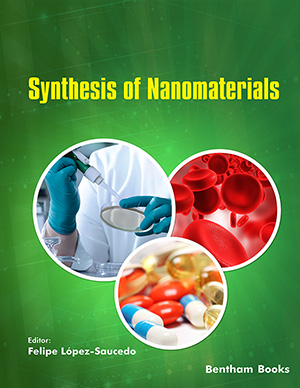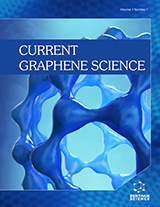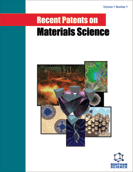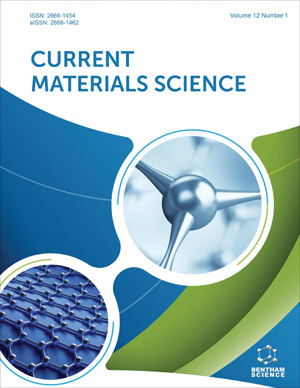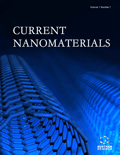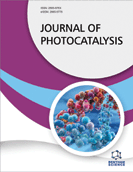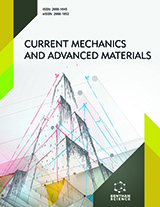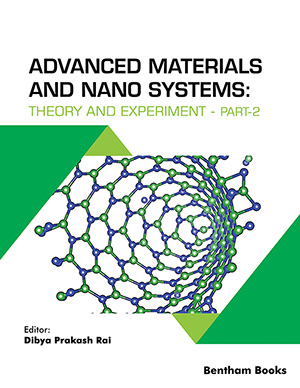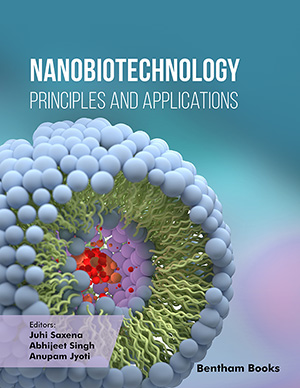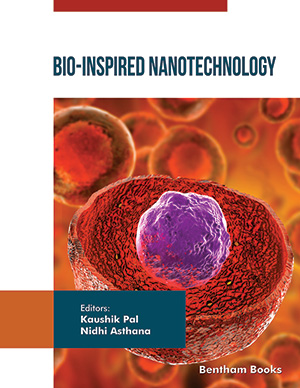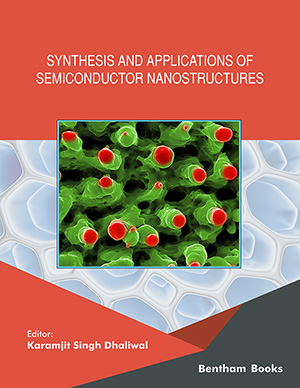Abstract
Biomedicine research has gained momentum for the development of various
computational and theoretical techniques. Researchers working in biomedicine and
bioinformatics depend on computational intelligence and its widespread applications.
New algorithms have been described that enable computational simulations and
mathematical modelling in coordination with analytical methods to comprehensively
study biological systems. Many algorithms, such as Artificial Neural Networks
(ANNs), Rough Sets (RS), Fuzzy Sets (FS), Particle Swarm Optimization (PSO),
Evolutionary Algorithm (EA), etc., allow reliable and accurate analysis of vast data sets
in biomedicine. Computational techniques analyse gene expression data obtained from
microarray experiments, predict protein-protein interactions, model the human body in
disease conditions, such as Alzheimer’s disease or cancer, follow the progression of the
diseases, classify tumours, analyse which genotype responds to certain drugs, etc.
Multiscale modelling of the human body in various disease conditions is a topic of
interest in this context. Relevantly, the “Virtual Human” project has initiated the study
of human organs and systems in disease conditions based on computational modelling.
Therefore, many computational and theoretical techniques have been developed for
intelligent information processing to lead an expansion in biomedicine research.
Keywords: Artificial neural networks, Computational intelligence, Computational iechniques, DNA microarray, Evolutionary algorithms, Fuzzy logic, Fuzzy sets, Genetic algorithm, Particle swarm optimization, Virtual human project, Tumour classification.


